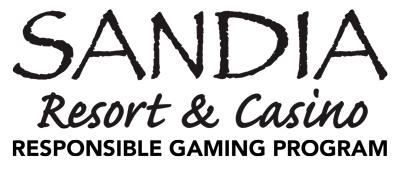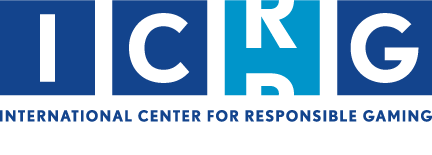GAMBLING ADDICTION: Trends in Treatment, Public Health, and Gambling

TRAINING FOR HEALTHCARE PROVIDERS – Earn 6 CE Hours!
Sponsored by


When: March 5, 2025 8am-5pm
Where: Sandia Resort & Casino Albuquerque, NM 87113
SPEAKERS AND TOPICS:
Join us for an engaging, one-day conference designed to tackle one of today’s most pressing issues—gambling addiction. This event delivers research-driven insights and actionable strategies for professionals addressing gambling-related challenges.
Key Takeaways
This conference covers critical topics to empower professionals in their work:
- CBT for Addictions: Learn customizable techniques for effective treatment.
- AI in Gambling: Dive into the use of AI in intervention tools and its real-world limitations.
- Cultural Healing: Discover strategies to incorporate cultural practices into effective addiction care.
- Sports Gambling Insights: Understand legislative impacts, problem behaviors, and trends shaping the future of sports betting.
This conference provides attendees with 6 CEUs, meeting the needs of professionals seeking to deepen their knowledge and skills in addiction treatment and responsible gaming practices. Continuing education hours accepted by NAADAC and NBCC. We have applied to NASW-NM for continuing education approval. The ICRG is approved by the American Psychological Association to sponsor continuing education for psychologists. The ICRG maintains responsibility for this program and its content.
SCHEDULE
8:00 AM – 8:45 AM:
Registration & Continental Breakfast
8:45 AM – 9:00 AM:
Welcome and Opening Remarks
9:00 AM – 11:00 AM:
CBT for Addictions
11:00 AM – 11:15 AM:
Break
11:15 AM – 12:15 PM:
What’s the Deal with AI and Gambling?
12:15 PM – 1:15 PM:
Lunch (provided)
1:15 PM – 2:45 PM:
Examining Sports Gambling
2:45 PM – 3:00 PM:
Break
3:00 PM – 4:30 PM:
Healing the Spirit of Addiction
4:30 PM – 4:45 PM:
Closing Remarks
4:45 PM:
Conference Concludes
SPEAKERS
Dr. Bruce Liese (University of Kansas Medical Center): Sharing practical CBT techniques for diverse addictions and recovery journeys.
Dr. Sarah Nelson (Cambridge Health Alliance & Harvard Medical School): Exploring the promise and pitfalls of AI in gambling and responsible gaming tools.
Dr. Tonya Elliott (University of Louisiana Monroe): Highlighting culturally responsive approaches to addiction care with a focus on Native American traditions.
Dr. Joshua Grubbs (University of New Mexico): Presenting data from a multi-year study on sports gambling and its links to problem gambling.
